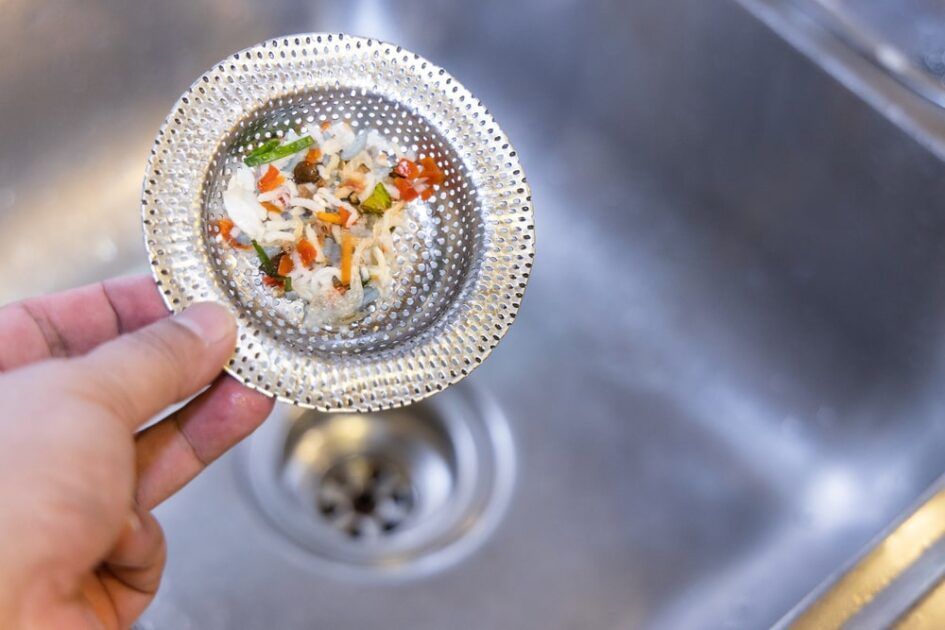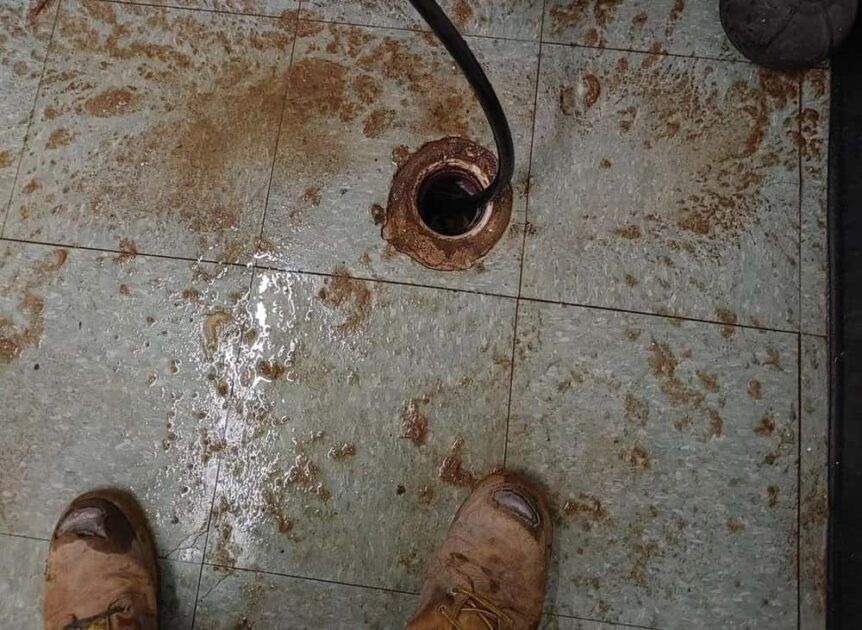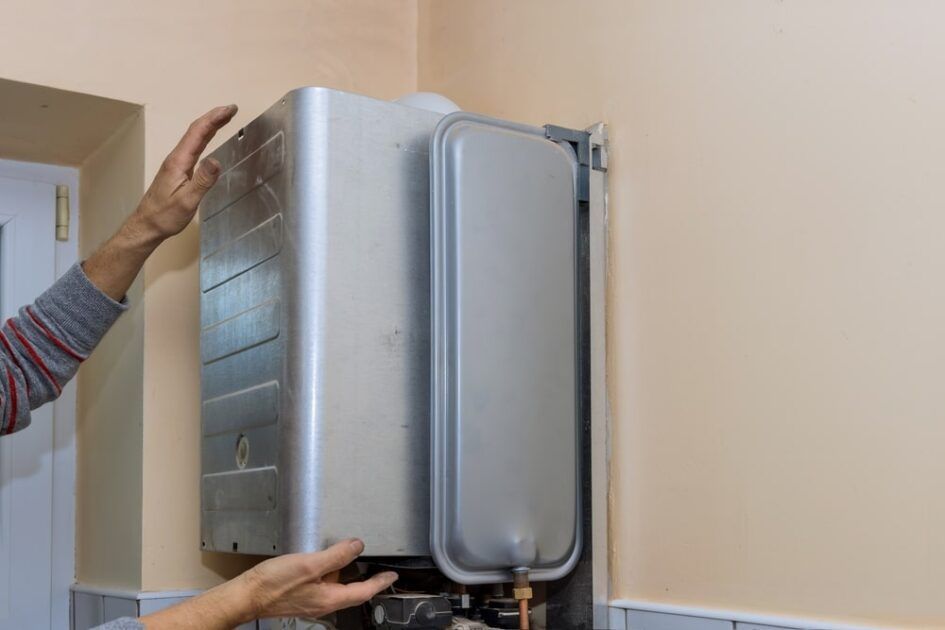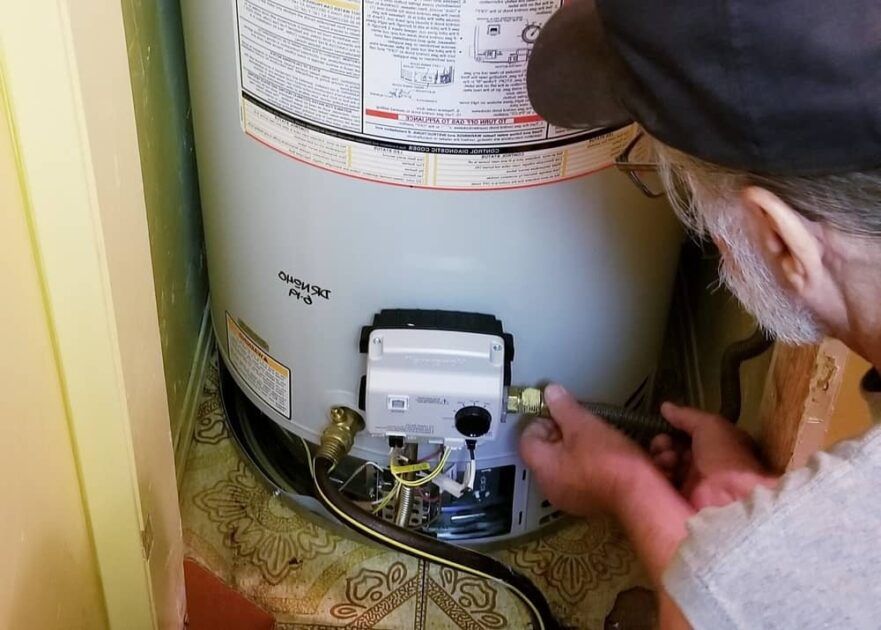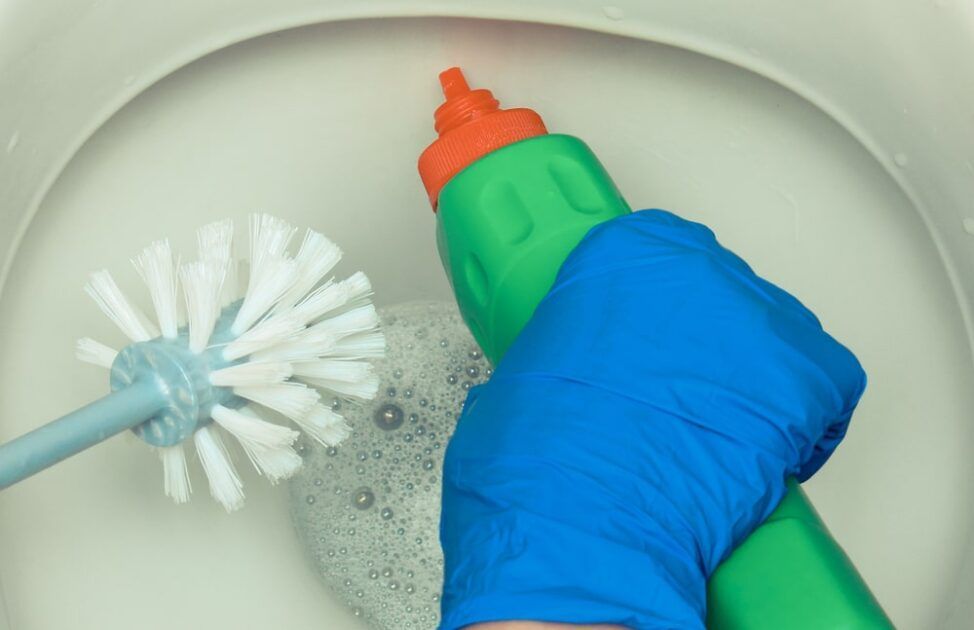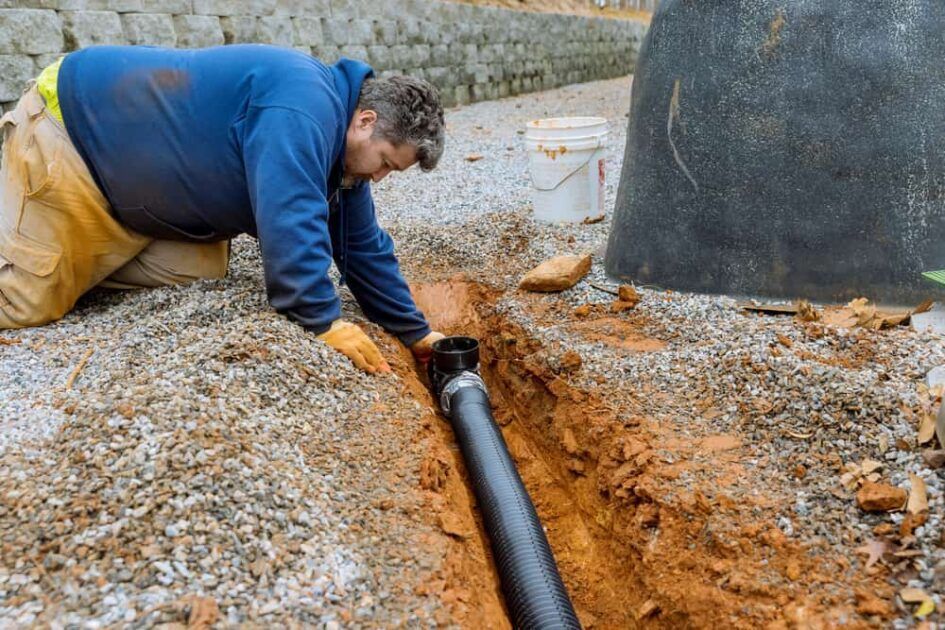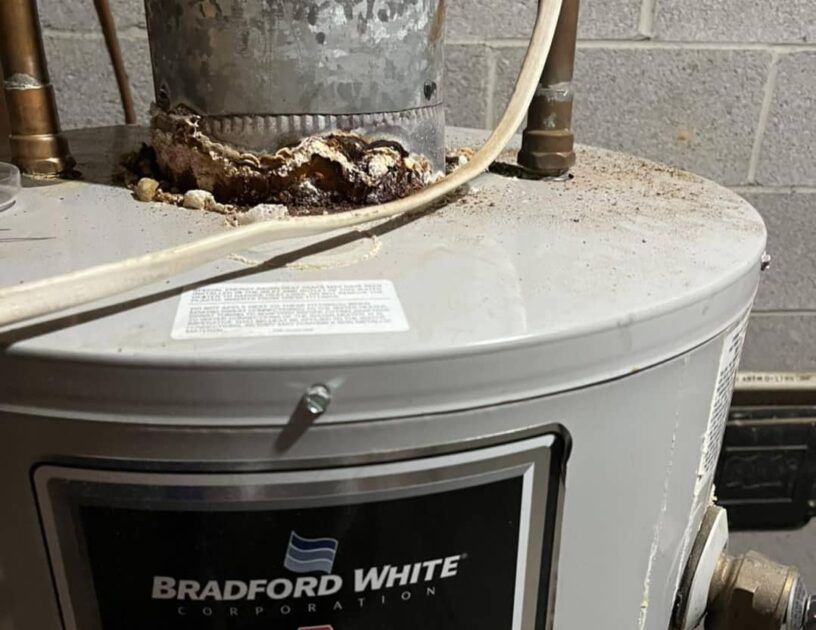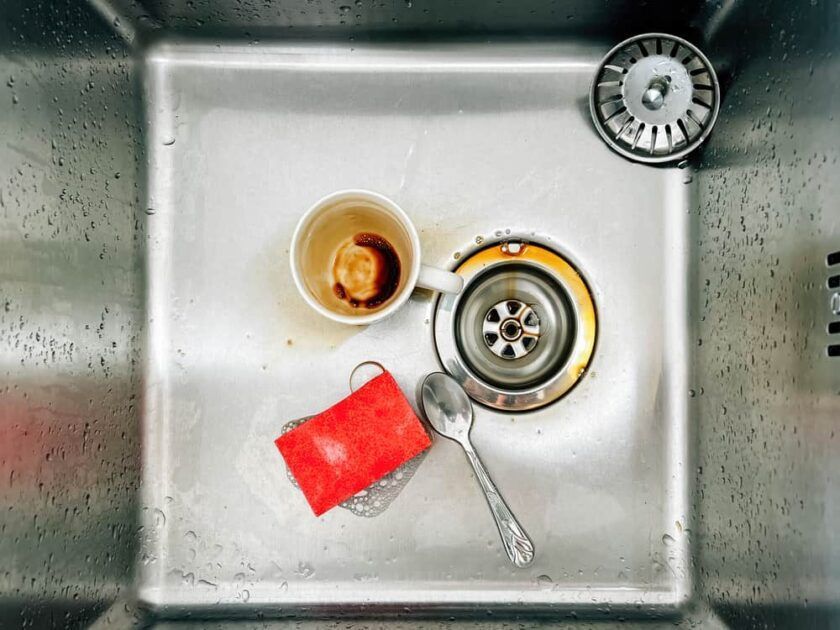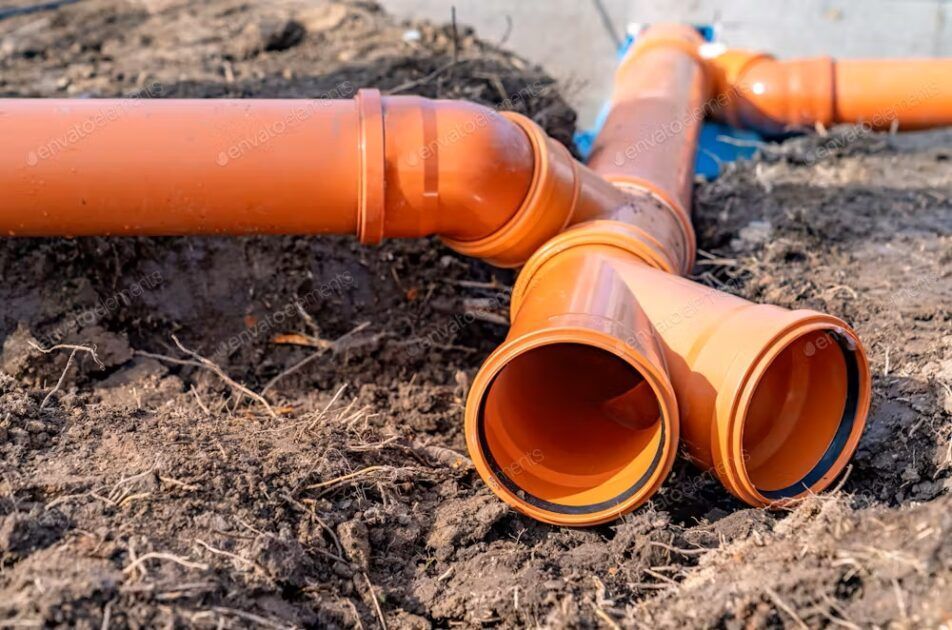The Different Types of Sewer Pipes and How to Pick the Best Fit for Your Needs
Selecting suitable sewer pipes is paramount for optimal functioning and durability. The diverse array of sewer pipe types presents distinct advantages and considerations. Historically renowned for strength, cast iron pipes coexist with modern alternatives like PVC, prized for its lightweight and corrosion resistance.
A delve into the historical use of materials, from clay in ancient systems to the emergence of PVC in the mid-20th century, provides valuable context. To make an informed choice, one must assess soil conditions, installation depth, and budget constraints. This comprehensive guide empowers you to navigate this pivotal decision of choosing the right sewer pipe installation , ensuring a sewer system that stands the test of time.
Types of Sewer Pipes:
Here’s an insightful look at the different types of sewer pipes available:
Cast Iron Pipes:
Cast iron pipes, a longstanding choice in sewer systems, boast durability and strength, proving ideal for the demanding conditions of underground sewer lines. Their robust composition enables them to withstand the weight and pressure associated with these systems. Despite their advantageous qualities, the weight of cast iron pipes poses a challenge during installation. The sheer heft requires specialized handling and can increase labor intensity. Nevertheless, the enduring resilience of cast iron pipes continues to make them a viable option in specific applications within sewer infrastructure.
PVC Pipes:
Polyvinyl chloride (PVC) pipes have surged in popularity for sewer systems owing to their lightweight construction and straightforward installation. Their exceptional resistance to corrosion & chemicals ensures long-term durability.
Differently, PVC pipes are categorized into various classes and provide versatility to cater to diverse installation depths. The appropriate class selection is pivotal, as it guarantees optimal performance based on the specific depth of the sewer line, making PVC an adaptable and reliable choice for modern sewer infrastructure.
Clay Pipes:
Clay pipes, once prevalent in historical sewer systems, persist in some older infrastructures. Despite their resistance to chemical corrosion, the prevalence of clay pipes has diminished. Their brittleness and susceptibility to cracking render them less favorable in contemporary construction.
The advent of more modern and durable materials, such as PVC and ABS pipes, has prompted a shift away from clay. These newer materials offer enhanced longevity and ease of installation, meeting the evolving demands of sewer systems in the present day.
Orangeburg Pipes:
Orangeburg pipes, prevalent in the mid-20th century, were crafted from a blend of pulp of the wood & bitumen. Despite their initial popularity, they faced a decline in contemporary sewer systems due to susceptibility to damage.
Wood pulp and bitumen composition made them particularly vulnerable to invasion by tree roots and environmental factors, leading to structural weaknesses. As a result, modern sewer infrastructure tends to favor more resilient materials, such as PVC, which offer enhanced durability and resistance to the challenges posed by nature.
ABS Pipes:
Acrylonitrile Butadiene Styrene (ABS) pipes, a versatile plastic option, stand out for their lightweight design, exceptional durability, and chemical resistance. Widely favored for residential sewer lines, ABS pipes offer ease of installation, making them a practical choice for various plumbing applications.
Their resilience to chemical corrosion ensures long-term reliability, while their lightweight nature simplifies handling and installation processes. Overall, ABS pipes provide an efficient and cost-effective solution for homeowners who are looking for a durable & low-maintenance material for their sewer systems.
Read More About: Reasons and Prevention Tips for Toilet Backing Up
Historical Perspective: Old Sewer Pipe Materials
Understanding the historical use of different old sewer pipe materials is essential for assessing the potential issues in older sewer systems.
Transition from Clay to Iron:
Historically, clay pipes were prevalent in ancient sewer systems. Over time, there was a transition to cast iron pipes in the 19th century due to their superior strength. Many cities still have remnants of these early sewer systems.
Emergence of PVC:
As technology advanced, PVC pipes became widespread in the mid-20th century, providing a more cost-effective and versatile option for sewer installations.
Challenges with Older Materials:
Older sewer pipes, whether made of clay, iron, or other materials, may be prone to corrosion, cracking, and root intrusion. Inspections and, if necessary, upgrades are essential to ensure the continued functionality of these systems.
What Type of PVC Pipe is Used for Sewer Lines?
Checkout what type of pvc pipe is used for sewer lines:
Schedule 40 vs. Schedule 80:
When choosing PVC pipes for sewer lines, understanding the difference between Schedule 40 & Schedule 80 is crucial. Schedule 40 is suitable for residential applications, while Schedule 80, with thicker walls, is recommended for deeper installations or areas with heavy traffic.
Consideration for Material Thickness:
The thickness of the PVC pipe material is critical, especially in areas with challenging soil conditions or high traffic. Thicker walls provide additional strength and durability.
Selecting the Best Fit for Your Needs:
When it comes to installing or replacing sewer pipes, the expertise of professionals cannot be overstated. Not only do they bring technical know-how, but they also ensure compliance with local regulations and standards. Engaging our professional plumbers in Southern Illinois guarantees that your sewer system is installed with precision. Below are some recommendations to make to make the right selection according to your needs:
Assessing Soil Conditions:
The soil type in your area can impact the choice of sewer pipe material. Some soils may be more corrosive than others, influencing the selection of corrosion-resistant materials.
Considering Installation Depth:
The depth at which the sewer line will be installed affects the choice between different classes of PVC pipes. Understanding the requirements based on the depth ensures a reliable and long-lasting sewer system.
Accounting for Budget Constraints:
While it’s essential to prioritize quality, considering budget constraints is also crucial. PVC pipes are often a cost-effective choice, but the project’s specific needs should be carefully evaluated.
The Sewer Pipe Landscape for Long-Term Efficiency
Choosing a suitable sewer pipe is a critical decision that requires consideration of several factors. Whether you opt for the traditional strength of cast iron, the versatility of PVC, or another material, understanding the historical context and assessing your needs will guide you in making the right choice. Regular inspections and maintenance are essential to ensure the longevity and efficiency of your sewer system.
In this important process, Rooter-Man stands out as a trusted provider of professional sewer services in Edwardsville and the surrounding Southern Illinois area. With their expertise, you can be confident that the most suitable pipes are installed in your system. Moreover, their responsive support is invaluable, especially in emergency situations where quick and effective repairs are crucial to prevent further damage and maintain the integrity of your sewer system.
The post The Different Types of Sewer Pipes and How to Pick the Best Fit for Your Needs appeared first on Rooter-Man Plumbers.
